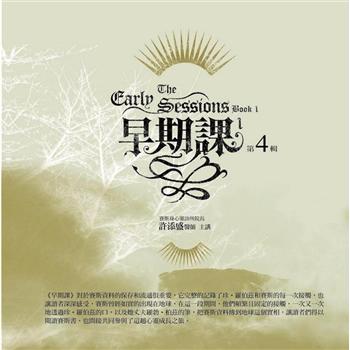This volume provides a coherent critical examination of current issues related to the religious roots of contemporary, i.e. post-1990 European identity, by analyzing the components of contemporary European identity, the presence of religion in the development of national identities, manifestation of religious roots in secular society, and the role of religion in further European integration and social inclusion. The book involves a multi and interdisciplinary approach to the theme, by bringing together scholars in history, religious studies, sociology, cultural studies, European studies, and international relations. This rigorously edited volume provides a coherent analysis of the religious roots of Europe’s identity today, with particular attention to the secular context of religious communities. Europe is often perceived as secular by most of its citizens, regardless of their creed. Bearing this in mind, the authors build upon their expertise in different fields of arts and humanities to identify some of the key elements of European religious heritage and its manifestation in Europe’s identity, be it secular or otherwise perceived. The authors also indicate the role these elements play in further European integration. With this focused approach, the publication identifies a number of similarities across faiths and, more holistically, vis-à-vis Europe. This serves the readers to perceive their own identity in a wider context of shared values, reaching beyond a particular faith or non-religious framework.
| FindBook |
有 1 項符合
The Religious Roots of Contemporary European Identity的圖書 |
 |
The Religious Roots of Contemporary European Identity 作者:Faltin 出版社:Continnuum-3PL 出版日期:2007-09-01 語言:英文 規格:精裝 / 229頁 / 23.6 x 16.3 x 2.5 cm / 普通級 |
| 圖書館借閱 |
| 國家圖書館 | 全國圖書書目資訊網 | 國立公共資訊圖書館 | 電子書服務平台 | MetaCat 跨館整合查詢 |
| 臺北市立圖書館 | 新北市立圖書館 | 基隆市公共圖書館 | 桃園市立圖書館 | 新竹縣公共圖書館 |
| 苗栗縣立圖書館 | 臺中市立圖書館 | 彰化縣公共圖書館 | 南投縣文化局 | 雲林縣公共圖書館 |
| 嘉義縣圖書館 | 臺南市立圖書館 | 高雄市立圖書館 | 屏東縣公共圖書館 | 宜蘭縣公共圖書館 |
| 花蓮縣文化局 | 臺東縣文化處 |
|
|
圖書介紹 - 資料來源:博客來 評分:
圖書名稱:The Religious Roots of Contemporary European Identity
內容簡介
作者簡介
Lucia Faltin: Centre for the Study of Jewish-Christian Relations; Director of International Programmes and Coordinator of a course on History of Jewish-Christian Relations in the Master of Studies programme, University of Cambridge, UK. Melanie J. Wright was Academic Director of the Centre for the Study of Jewish-Christian Relations, Affiliated Lecturer in the University of Cambridge’s Faculty of Divinity and a Fellow of Girton College. Her previous publications include "Understanding Judaism "(Orchard Academic) and "Religion and Film: An Introduction "(I. B. Tauris), UK.
|











